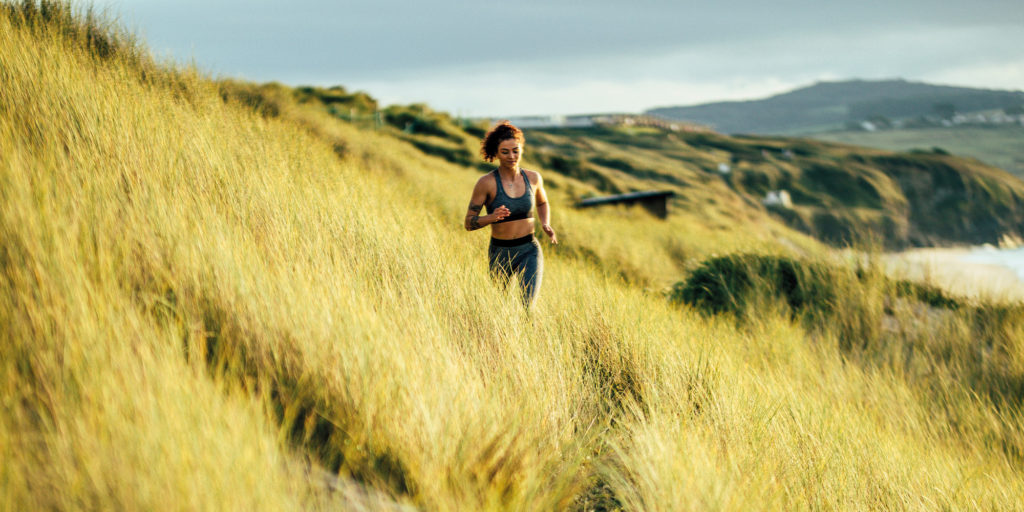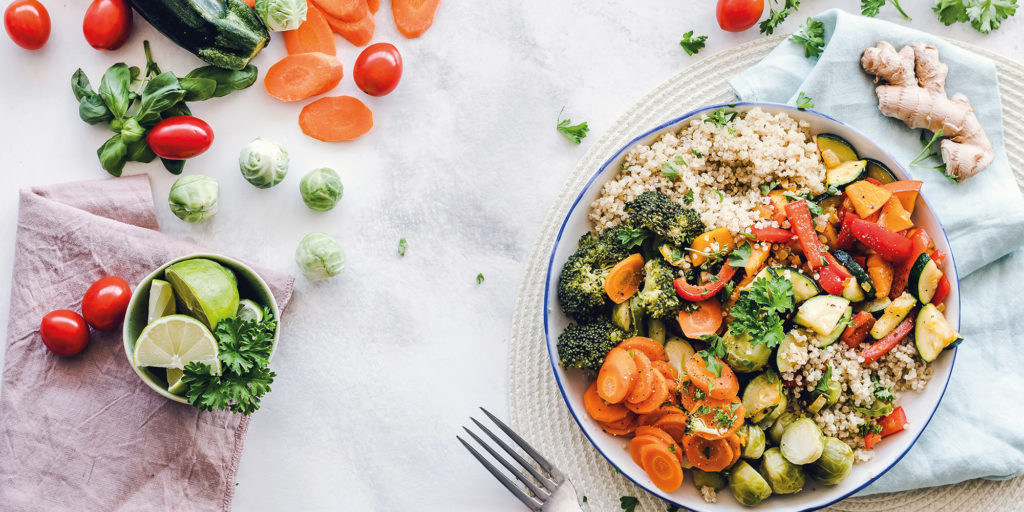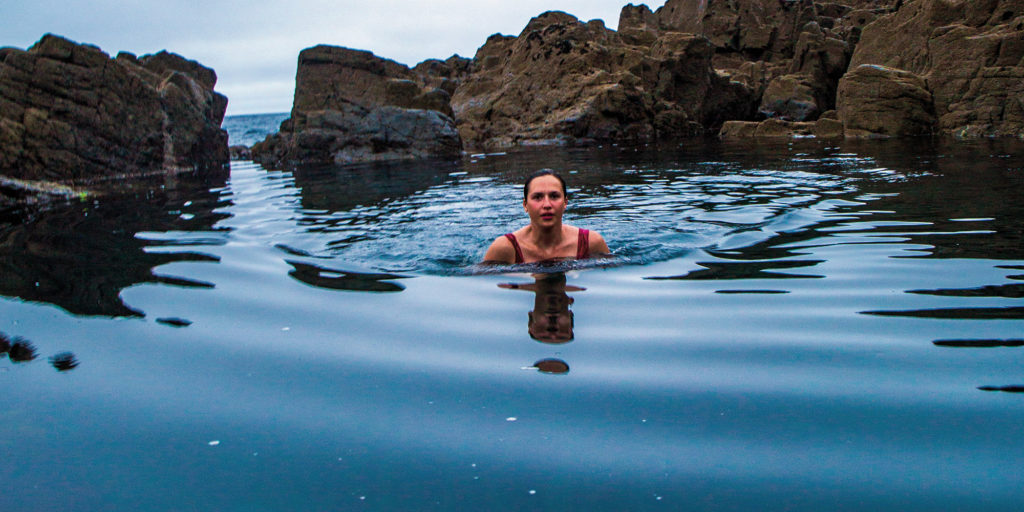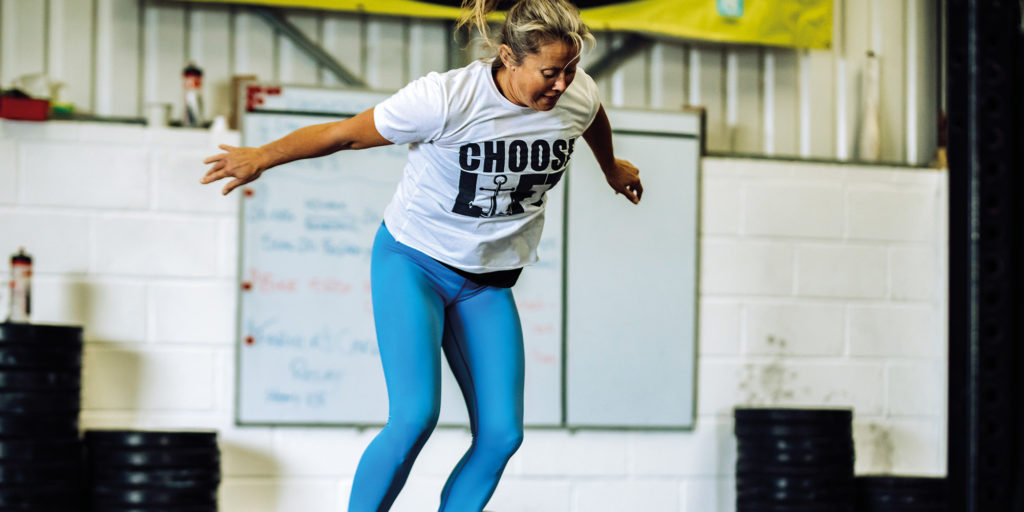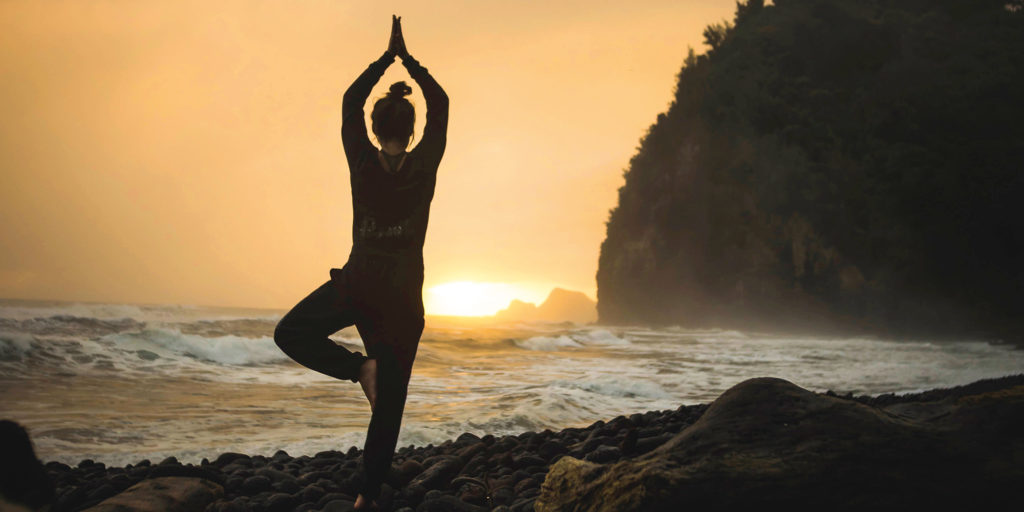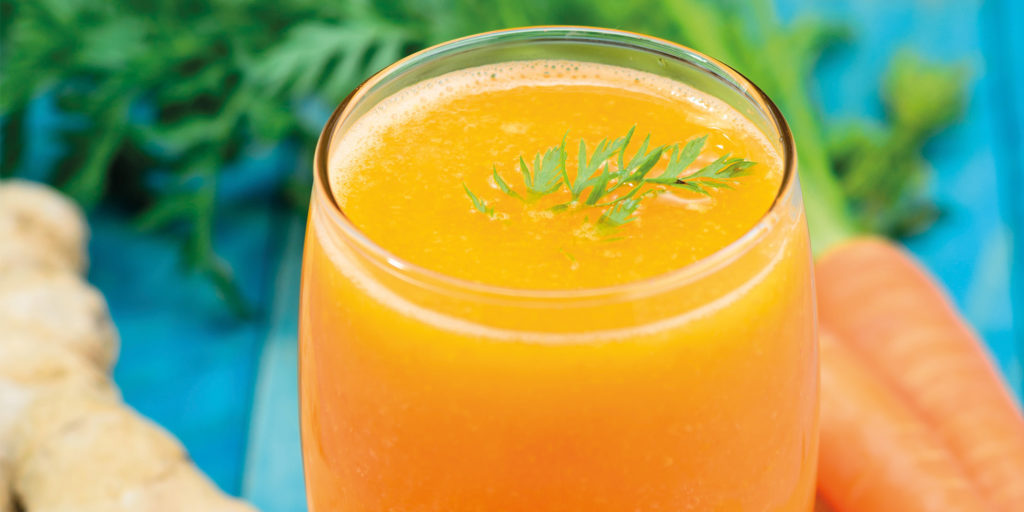Happy new you
With the dawn of a new year, there is no better time to embrace a fresh start and take control of your health and wellbeing.
Words by Hannah Tapping
As we say farewell to a year like no other in Cornwall and look forward to new beginnings in 2021, keeping healthy in both mind and body has never been so important. With Covid-19 still rearing its ugly head it’s essential that we treat our bodies and minds with respect. More than ever, our immune systems and mind health need to be supported and this can be achieved by a combination of nutrition, exercise and mindfulness. I’m sure I’m not alone when I say that I find it hard when it comes to making New Year resolutions. After the end of what has been a very tough year for all, finding the motivation this January will be particularly hard. So, in a bid to embrace a fresh start of infinite possibilities I talked to some of Cornwall’s experts in the field of wellbeing, fitness and nutrition, to find some new ways of growing stronger and healthier in 2021.
January has become the traditional month for going ‘dry’. After the alcoholic excesses of the festive period, many take on the challenge to reset their relationship with alcohol at this time. But what are the true benefits of keeping off the booze? I speak with stay sober empowerment coach, Polly Jukes (pollyjukes.com) whose own personal journey to finding happiness, having more energy and feeling fulfilled led her to a career in coaching, enabling people to change their relationship with alcohol: “Alcohol is so interweaved into society and our culture; we use it to both celebrate and commiserate. It’s a highly addictive substance and as your tolerance level grows so does your consumption over time. But what if I told you that by having a break from the booze, you would sleep better, have clarity of mind, have energy and motivation, lose weight, have better skin, have more time, reduce your anxiety, have more patience, have more money and feel calmer and happier? Would you be interested? I suspect the answer would be a resounding yes!”
With the promise of all these benefits, who wouldn’t want to try and take a break. But for some, taking the first steps can be hard. Polly suggests starting by having an honest conversation with yourself about your relationship with alcohol and the consequences: “Is this something you would like to change? Get really clear on why you are going to take a break – maybe one of the many reasons above? Set yourself a challenge such as 30 days alcohol-free.
I can already anticipate the questions… So, how do I reward myself then? Am I going to be boring? How do I socialise without the booze? As a coach, I am often asked these questions and it’s the same with learning any new skill, it takes practice. So my advice is to mix and change up your routine to break the habit. Tell others you are having a break; this keeps you accountable. Sign up for a charity scheme and donate what you would have spent on alcohol. Believe me, giving yourself the gift of being alcohol-free out of choice and curiosity will improve your life.”
They say you get out what you put in, so reducing or cutting down on alcohol makes perfect sense, as does being mindful about what you eat. Ali Phesse and Rob Webb (idwo.co.uk) are specialist health and wellness coaches, providing personalised programmes for individuals and companies on nutrition, exercise, and mindset, as well as food intolerance tests. Ali and Rob explain: “2020 has taught us the importance of leading a healthy lifestyle. This includes balanced nutrition and regular exercise to boost our immune system and help us to overcome health conditions such as obesity, high blood pressure, and Type 2 diabetes. The problem is, with so much information out there, where do you begin?”
Ali and Rob go on to explain that fad diets do not work: “They may help you lose weight in the short term (mostly water) but as you return to old habits the weight goes back on. The people that have the most success with weight loss and improving their health make long lasting lifestyle changes. The best way to understand your food is to track it for a week to see what you are eating and how much (be honest with yourself). Notice any symptoms you may get after eating certain foods (allergies and intolerances can result in bloating, skin conditions, heartburn, IBS, headaches etc). Cut out these foods or opt for alternatives for 30 days to see if you begin to feel better.”
Exercise is also something that Ali and Rob promote: “There is no doubt that exercise, whether it be a walk, run, or gym session will have a positive effect on your mind and body. A brisk ten minute daily walk or 30 minutes of exercise three times a week over a three week period is proven to lift overall energy levels and mood. As we get older, strength training is even more important and crucial for maintaining healthy bones and muscles. Just as your nutrition should be balanced so should your exercise; condition your heart and lungs with walking/jogging/cycling/swimming as well as adding resistance (strength) training two to three times a week.”
“Finally, the quality and amount of sleep is important too; not only for your health and wellbeing (allowing your body to repair and renew) but also to help you live longer, improve your memory, reduce inflammation, boost creativity, improve your immune system, increase attention span and the list goes on! Aim for seven to eight hours per night.”
With so many forms of exercise available, I was keen to look at some different alternatives. As a runner, I would like to change up my fitness routine this year and add a bit of diversity, so I turned to Sandy and Sue Gibson of Jolly Sailor Crossfit (jollysailorcrossfit.co.uk) and BeKarma Yoga (bekarmayoga.co.uk) for some inspiration: “After serving in the Royal Navy for 22 years teaching, coaching and organising all kinds of sports and fitness, CrossFit came in to our lives around seven years ago, after Sandy completed a tour in Afghanistan. He was introduced to this methodology of fitness by the Americans that were serving there.
When he came back from his Tour there were a few of us that fell in love with this kind of training. One of the reasons is how varied it is, combining cardio, gymnastics, weight lifting and body weight exercise.”
As well as both being CrossFit coaches, during Sue’s last two years in the Navy, she also completed her yoga teacher training: “Yoga has huge benefits, keeping the body supple and flexible. Lots of people will do a few stretches after exercise but it’s much more beneficial to spend longer in yoga poses to really focus on stretching and deep breathing. Yoga and CrossFit work hand in hand, as after exercise the joints and muscles get stiff and tight so it enhances recovery and prevents injuries from poor range of movement.”
Sandy and Sue go on to explain that practising CrossFit gives you the full spectrum of strength, skill, gymnastics, and cardiovascular fitness as well as the mental benefits from being part of a ‘Box’ community: “We are designed to move, and to move in as many different ways as possible. At any age the joy of learning a new skill creates a great sense of achievement. This is especially true as we get older, we seem to think that we are on an irreversible decline, but we know this isn’t true and help people of all ages to realise this.
And with regards to yoga; if all you ever got from a class is an hour to yourself then that in itself is already a much-needed respite in the ever busier lives we lead. But add to that relaxation and long-stretched muscles and the feeling is magnified. Yoga is great when used as a reset, a chance to just switch off from work, home and families, ensuring you are better prepared to face a new day!”
Fuelled by the enthusiasm and expertise of all those that I spoke to, I am determined that my 2021 will be filled with health and happiness. So, why not join me by planning ahead and embracing the New Year with some sustainable health, nutrition and wellbeing goals that will achieve long-lasting, and possibly life-changing, results.
Discover More
You are what you eat!
Your daily eating habits should include up to three meals and three snacks, but this does depend on how much activity you are doing.
Some things to consider:
- Reduce white rice, white bread, white pastas, white potatoes
- Limit alcohol
- Keep caffeine to the mornings (milk-based coffees and teas are high in calories, not to mention the added syrup!)
- Reduce sugary snacks, refined sugar in tea/coffee and artificial sweeteners
- Reduce red meat and replace with fish and lean protein (plant based or animal)
- Increase vegetables (aim for 7-8 portions a day) and have lots of different colours
- Eat more brown rice, wholegrain breads, wholegrain pastas, and sweet potatoes
- Having at least 2 litres of water a day will help improve brain and body function.
Ali and Rob offer personalised nutrition programmes, visit idwo.co.uk for more details
Discover More
Vitamin Sea!
If land training is not for you then swimming is a great alternative. Pools have re-opened and as a non-weight bearing exercise swimming can be very beneficial if you have mobility problems. We have also seen an incredible increase in the popularity of wild swimming here in Cornwall. Not only do you get the physical benefit from the exercise, research has shown that cold-water swimming in wide open spaces can also have a positive impact on both your immune system, circulation and mind health.
Visit wildswimmingcornwall.co.uk for more information.
